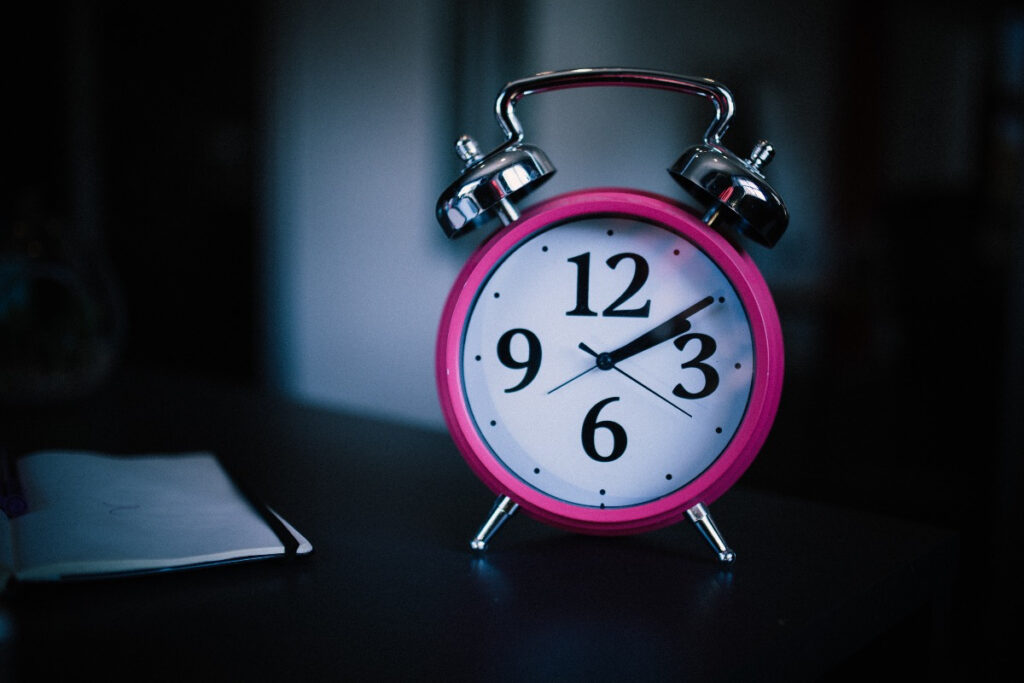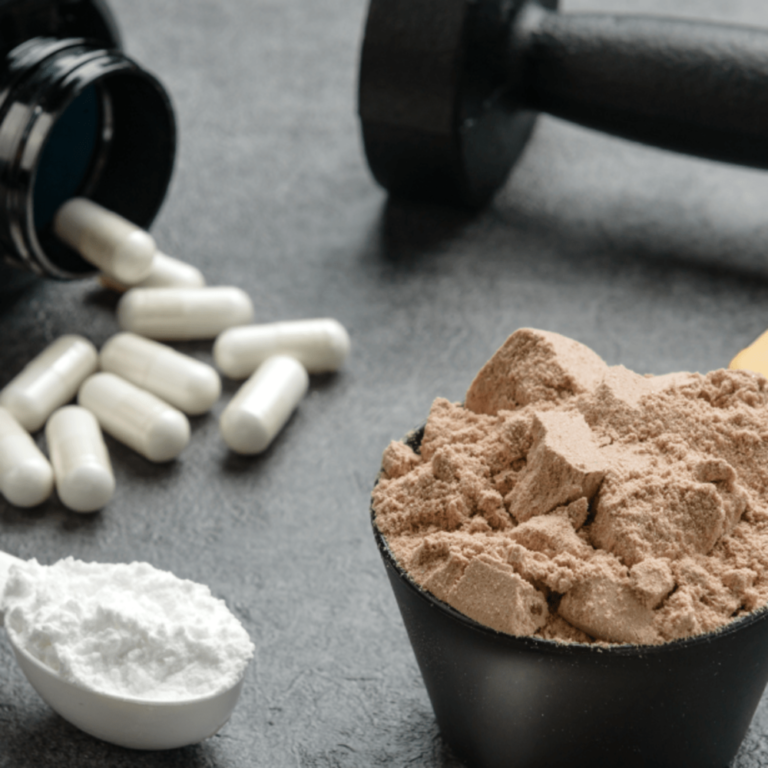5 Best Ways to Naturally Increase Testosterone Levels

Feel lazy, unmotivated, or have noticed a decrease in sexual function? You may have low testosterone levels.
Testosterone is the most vital male sex hormone in the body and low testosterone levels can create a host of problems.
As men go through normal aging testosterone levels naturally decline, but we can boost testosterone levels naturally if we follow the right protocol.
Many factors affect testosterone levels whether good or bad, but for the benefit of our overall health we’re going to take a look at the best ways to boost your testosterone.
1. Exercise Regularly
Exercise is one of the most effective ways to increase testosterone naturally.
Weight loss can be a very powerful way to maintain healthy testosterone levels. It goes without saying that resistance training is essential to lose weight and increase muscle mass. Increasing muscle mass can increase testosterone and help you live a healthy lifestyle.
Strength training exercises like weightlifting have shown to be highly effective at increasing free testosterone levels. Research suggests that regular exercise is associated with higher testosterone levels.

High-intensity interval training (HIIT) and other forms of cardio can also be helpful. Exercise not only boosts testosterone levels, it can also improve mood and increase energy levels.
Regular exercise can also help you maintain a healthy weight. Staying at a healthy body fat will ensure healthy hormone levels. Excess weight gain can contribute to low testosterone levels.
Staying active and maintaining a healthy weight will ensure that your body is producing a healthy level of testosterone.
We can ensure that the body produces testosterone concentrations adequate for overall health by incorporating resistance training, losing weight, and increasing muscle mass.
2. Get Enough Sleep

Sleep is essential for many aspects of our health, including hormone production.
Quality sleep is necessary for natural testosterone production.
If you’re noticing lower testosterone levels the first thing you should monitor is sleep. Many times a testosterone deficiency can be correlated with lack of quality sleep.
Sleep apnea is a common suspect for those who may think they are sleeping well, but still notice low testosterone.
In a study published by the National Library of Medicine young healthy men saw a drop in testosterone levels of up to 15% when given only 5 hours of sleep.
Getting enough sleep is critical for maintaining healthy testosterone levels. Aim for 7-8 hours of sleep per night to avoid low testosterone levels.
3. Manage Stress
Chronic stress can greatly impact hormone levels, including testosterone.
When we’re under stress, our bodies produce the stress hormone cortisol from our adrenal glands.
Elevated cortisol levels interfere with our bodies’ natural ability to produce testosterone. An increase in cortisol will directly decrease testosterone.
Hormone and metabolic research suggests high cortisol levels can worsen many health conditions. If we want to take our men’s health seriously managing stress can work wonders for boosting our levels of testosterone.
I use methods like going for a hike, meditation, or a 15-minute sauna session to support testosterone levels necessary for a healthy lifestyle.

4. Eat a Balanced Diet

What we eat can dramatically affect our daytime testosterone levels.
A nutritious diet will rich in lean protein, healthy fats, and fiber is ideal to boost testosterone naturally.
A healthy diet will ensure we produce testosterone at a healthy rate and avoid low T.
Foods like eggs, red meat, avocados, and leafy greens can all help support healthy testosterone levels. On the other hand, sugary and processed foods have a negative impact.
Consuming a healthy diet is also essential for a healthy body fat level. As discussed earlier, a healthy body composition is necessary for optimal hormone levels.
In order to use food to boost testosterone production you must find a balanced diet that caters to your overall health.
Alcohol Abuse
Along with diet alcohol consumption greatly affects our testosterone production. Alcohol abuse is a potent way to lower testosterone levels.
Alcohol has very negative affect on the way our body creates testosterone and the way sperm matures.
Alcohol also has a negative impact on muscle protein synthesis leading to less muscle mass and lower levels of testosterone.
5. Take Vitamins and Supplements
Vitamins and supplements play a significant role in increasing testosterone levels in men.
Many testosterone supplements can be considered a scam, but many have great affects for those with low testosterone.
Taking supplements such as the ones listed below can greatly affect testosterone levels.
Vitamin D
Vitamin D is maybe the most important supplement for testosterone production. Men with a vitamin D deficiency will greatly feel the symptoms of low testosterone.
Vitamin D levels are a great indicator of sexual function, and vitamin D supplementation is a great way to increase testosterone naturally.

One way to gather more vitamin D is by getting in the sun, but supplementing with a dose between 4000 and 5000 IU daily will greatly improve testosterone levels.
Zinc
Zinc supplementation is another great way to boost your testosterone levels.
Zinc is a crucial mineral that is required for the synthesis of testosterone in the testes.
To help improve your levels of testosterone try taking 10-15 mg daily.
Magnesium
Magnesium supplementation can also be a beneficial way to increase testosterone naturally.
Magnesium plays a roll in converting vitamin D to its active form, helping improve lower testosterone levels.
Clinical endocrinology suggests 400-450 mg of magnesium daily can greatly improve low T.
Others
Additionally, supplements such as ashwagandha have been shown to decrease cortisol levels. This decrease in cortisol results in higher testosterone levels as discussed earlier.
Supplements such as ginger extract have also been found to improve testosterone levels.
Chasteberry is a supplement known to increase luteinizing hormone. Luteinizing hormone is a sex hormone that converts to testosterone in the body, so it can also help improve testosterone levels.
I must note that not all supplements are safe or effective testosterone boosters. Some supplements may interfere with underlying health conditions or prescription medications.
One less known supplement I recommend is Alpha Strength. It’s proven to improve testosterone production and help with blood circulation. It’s a great natural test booster and definitely worth the price.
Testosterone Replacement Therapy
If you have tried all of the above and still are noticing a testosterone deficiency, then it may be time to get your testosterone levels checked.
Testosterone replacement therapy (TRT) may be needed when you have underlying medical conditions that may inhibit normal testosterone production.
Testosterone therapy comes in many forms of prescribed medications, and you should consult with your doctor if you feel that your testosterone levels are low.

Although clinical endocrinology allows us to monitor testosterone levels and look towards testosterone therapy as an option, you should try to increase testosterone levels naturally before consulting a doctor.
Conclusion
At the cornerstone of men’s health is testosterone levels.
Although testosterone levels naturally decrease as a man ages, it is important to take the steps necessary to keep yourself within the healthy range.
Exercise is a required activity for those concerned with their testosterone levels. Both resistance training and cardio are effective for natural testosterone production.
A quality nights sleep works wonders for sex hormone production. Try getting 7-8 hours of rest overnight to help ensure adequate hormone levels.
Stress management plays a key roll in natural testosterone production. High levels of cortisol can be devastating for those trying to maintain healthy testosterone levels.
A healthy diet consisting of healthy fats, lean protein, and fiber is a substantial way to maintain healthy levels of testosterone. Avoiding over consumption of alcohol is part of a healthy diet and lifestyle needed for testosterone production.
Taking supplements such as vitamin D, zinc, and magnesium will be another stepping stone for healthy testosterone levels.
If you’re currently practicing all of these habits and still noticing low testosterone symptoms, then it may be time to consult a doctor for testosterone therapy.

